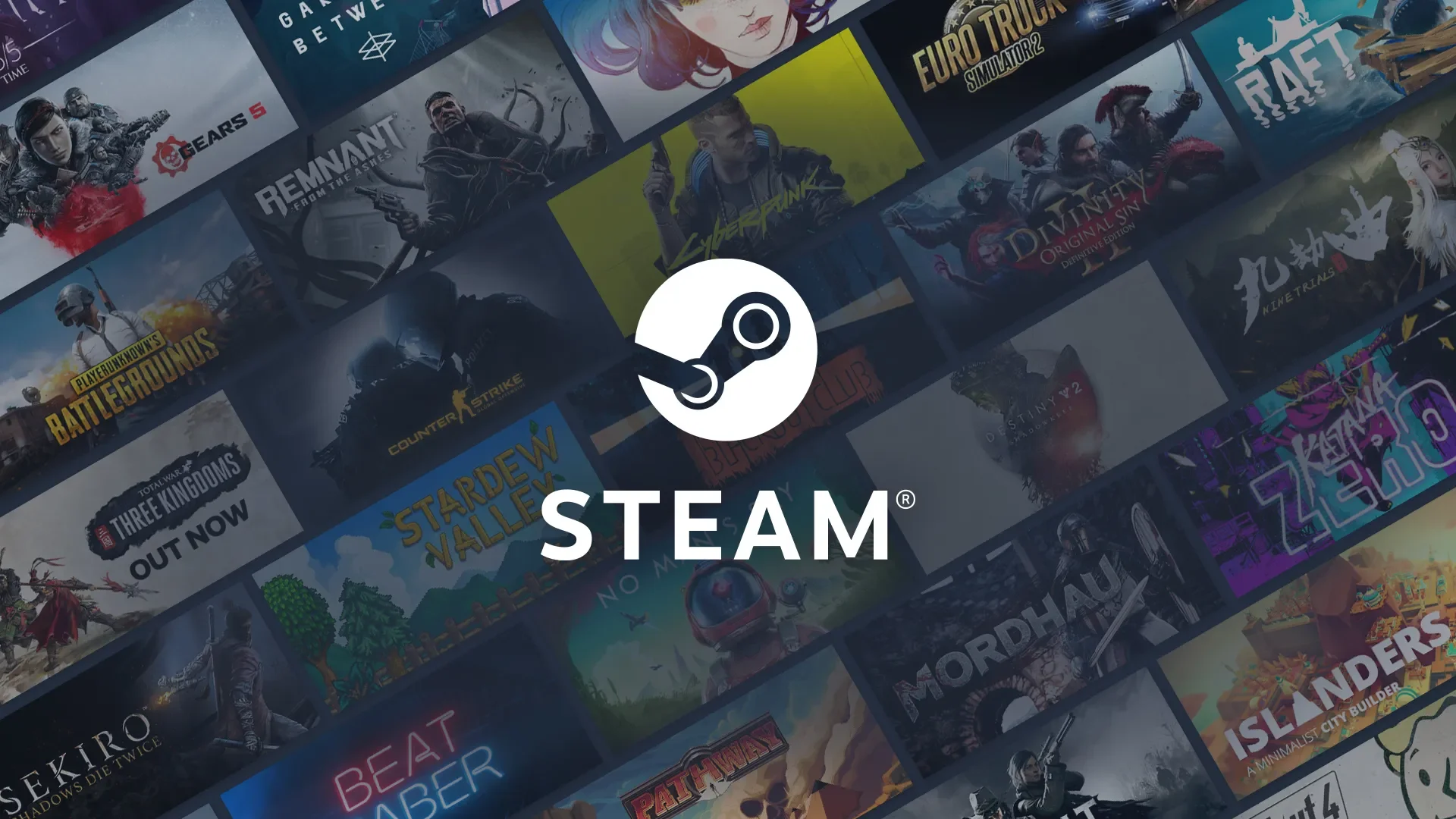Valve Used to Make Masterpieces. Now What?
Someone on Reddit posted a stark reminder of Valve's recent output, and it got me thinking about the giant Valve used to be, and the... different kind of giant it is now.
Scrolling through Reddit, I stumbled across that image showing Valve's recent major releases: Half-Life: Alyx, Artifact, Artifact Foundry, Dota Underlords, Counter-Strike 2, and another obscured title. As one commenter perfectly put it, "Three dota games and one new MOBA." Sure, Alyx was a goddamn masterpiece, but it's locked behind a VR paywall thick enough to stop a headcrab. It’s a jarring picture when you stack it against the Valve we used to know – the Valve that felt like it couldn't miss, the company that defined PC gaming for a generation.
The Golden Age: Crowbars, Cake, and Zombies
Let's rewind. Think late 90s, early 2000s. Valve wasn't just a developer; they were the developer. Half-Life landed like an alien invasion, changing first-person shooters forever. Then came Counter-Strike, initially a mod, which basically invented the competitive tactical shooter genre as we know it.
They didn't stop. Team Fortress 2 perfected class-based multiplayer with style and humor. Portal and Portal 2 were puzzle-game perfection, witty, inventive, and unforgettable. Left 4 Dead and its sequel redefined co-op zombie slaying. These weren't just games; they were cultural touchstones, absolute bangers dropped one after another with astonishing consistency. Valve Time might have been a meme, but the wait was always, always worth it. They built worlds, told stories, and innovated gameplay mechanics like nobody else.
The Steam Money Printer Goes Brrrr
Then came Steam. Launched initially as just a way to update Counter-Strike, it morphed into the behemoth that now dominates PC gaming distribution. It was revolutionary, convenient, and made Valve unfathomably wealthy. But I've always wondered if that firehose of cash accidentally dampened the creative fire for making new games.
Why spend years and millions developing the next Half-Life when you can just sit back and take a 30% cut of nearly every other game sold on PC? Steam became the priority. Updates, sales, features – the platform itself seemed to become Valve's main product, not the groundbreaking games that built its reputation.
Dota, Dota Everywhere (And Not Much Else Drop-Worthy)
Which brings us back to that Reddit post. Dota 2, Valve's massively successful MOBA, became a huge focus. And fair enough, it's a giant in the esports world. But then came the spin-offs. Artifact, the complex card game that crashed and burned harder than the Hindenburg, twice. Dota Underlords, their take on the auto-battler craze, which made some noise but ultimately didn't set the world on fire.
Compared to the diverse, genre-defining lineup of their past, this felt... narrow. Fans weren't exactly clamoring for more ways to experience the Dota universe; they were asking where the hell Half-Life 3 was.
The VR Masterpiece (That Few Could Play)
Then, out of nowhere, came Half-Life: Alyx. And holy shit, it was incredible. A true Half-Life experience, pushing VR technology forward, dripping with atmosphere, story, and innovative gameplay. It proved Valve still had the magic.
But it was VR-exclusive. A brilliant, shining jewel locked away in a vault only accessible to those willing (and able) to drop serious cash on a high-end VR setup. For most of us, it was a painful reminder of what Valve could do, but seemingly wouldn't do for a wider audience.
Counter-Strike 2: The Necessary Facelift
And then there's Counter-Strike 2. Let's be clear: CS2 is less a new game and more a vital, necessary engine upgrade for one of the biggest competitive shooters on the planet. It needed to happen to keep CS relevant. It's important, yes. Groundbreaking? Not really. It’s Valve maintaining a cash cow, not launching a bold new vision.
Deadlock: A Glimmer of... Something?
Now, whispers (and leaks, and actual playtests) are swirling about Deadlock. Valve's next big game. A third-person, hero-based shooter, potentially blending MOBA elements. It sounds... well, it sounds like something designed for the modern market.
Is this the return? Is this Valve finally spinning up its game development machine again in earnest? Or is it just another attempt to capture the multiplayer service-game zeitgeist, another potential Artifact waiting to happen? The fact that it's been in testing suggests it's further along than many might think.
So, Where Does That Leave Us?
Valve isn't dead, not by a long shot. Steam is the undisputed king of PC gaming, the Steam Deck is a runaway success, and games like CS2 and Dota 2 still print money. But the Valve that delivered groundbreaking single-player narrative experiences feels like a ghost.
Alyx proved the spark is still there, but will we ever see it applied outside of expensive VR tech demos? Deadlock is the next big test. Is it a return to form, or just another service game designed to keep us clicking? Only time, and Gabe Newell's inscrutable wisdom, will tell.


